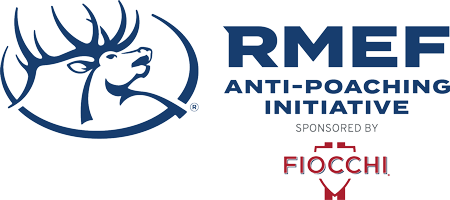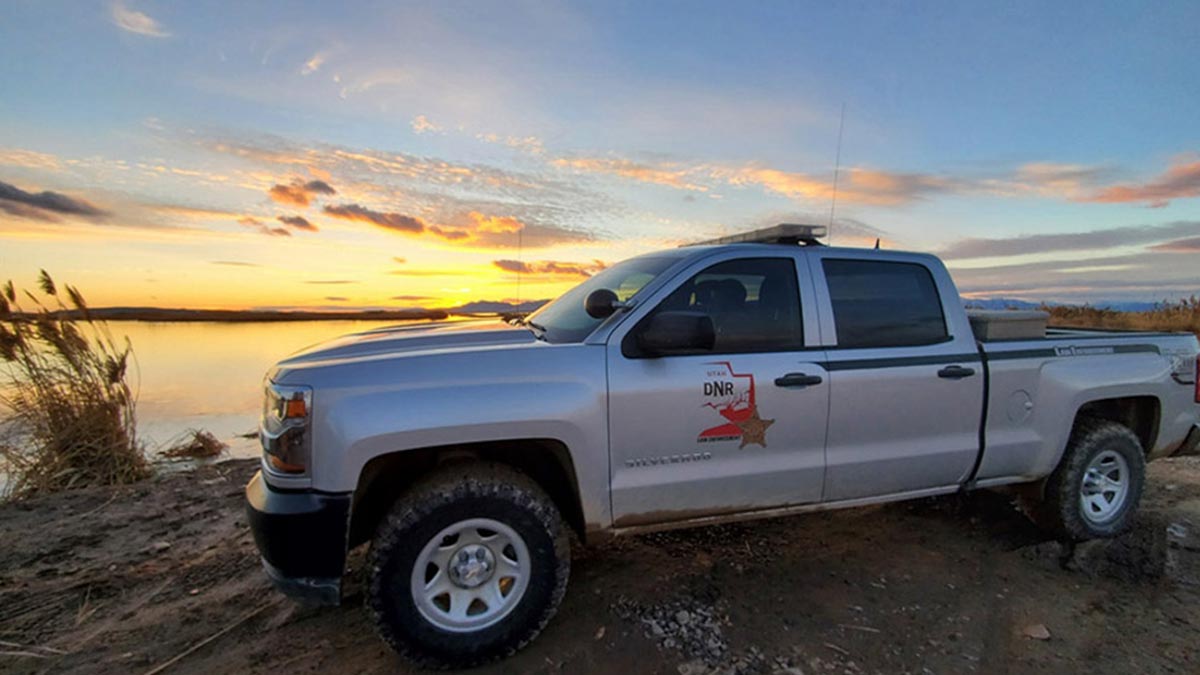
Below is a news release from the Utah Division of Wildlife Resources. For 2022, Fiocchi partnered with the Rocky Mountain Elk Foundation to increase the visibility of poaching incidents in an effort to reduce poaching nationwide.
Usually, when people hear the term “poaching,” illegally killing wildlife without proper permits comes to mind. But another form of that is illegally obtaining those permits through fraud, and Utah Division of Wildlife Resources conservation officers have recently investigated several of those types of cases.
Since 2017, DWR conservation officers have investigated more than 95 cases where someone intentionally committed license fraud to obtain a hunting permit. These cases typically involve a nonresident claiming to be a Utahn in order to increase their odds of obtaining a permit for a once-in-a-lifetime or limited-entry hunt or to get the lower permit price offered to Utah residents.
Some of these license fraud cases also include Utahns claiming to be nonresidents in order to obtain bonus points for all of the wildlife species (something only available to nonresidents), so they can increase their odds of drawing permits in the future. However, it is more common for DWR investigators to see nonresidents pretending to be Utahns in an effort to illegally obtain a specific hunting permit. The charges for these cases range from a class B misdemeanor to a third-degree felony.
“Any license that is obtained through fraud, deceit or misrepresentation is not valid,” DWR Statewide Investigations Capt. Wade Hovinga said. “With each hunting permit drawing, our investigators review the applicants’ data to detect any potential fraud. Our officers have also detected fraud by encountering a hunter in the field and discovering that the individual purchased a Utah hunting license because they have a second home or a cabin in Utah, which doesn’t qualify them as a Utah resident.”
Here are a few examples of recent cases DWR officers investigated:
- In 2017, DWR investigators discovered a Utahn had been using their grandfather’s identity to apply for hunting permits and bonus points for two years. The individual was not successful in drawing a permit, but had obtained bonus points to increase their chances of obtaining a permit. The individual was charged with a class B misdemeanor and a third-degree felony for identity fraud.
- In 2019, DWR conservation officers discovered a St. George resident had been claiming to be an Arizona resident for eight years to obtain bonus points for all species.
- In 2019, a South Carolina resident illegally purchased a Utah resident hunting license and drew a premium limited-entry buck deer permit for the Henry Mountains, a hunting unit notorious for having large, world-class mule deer. The individual harvested a trophy mule deer buck with the illegally obtained permit. DWR investigators detected the fraud after seeing the out-of-state address associated with the permit, and the individual was charged with a third-degree felony and ordered to pay $8,000 in restitution. The mule deer was seized from a residence in Wisconsin.
- In 2020, a California resident illegally obtained a Utah resident permit and harvested a bighorn sheep in Millard County. The individual had applied for this particular permit as a Utah resident for several years, fraudulently obtaining bonus points until successfully drawing the permit. DWR investigators received a tip about the fraudulent permit, which resulted in the successful prosecution of the individual. The individual was charged with a third-degree felony and ordered to pay $25,000 in restitution. The bighorn sheep was seized from a residence in California.
- In 2021, a Florida resident who had moved to Florida from Utah still applied in the hunt drawing as a Utah resident and illegally obtained a Rocky Mountain bighorn sheep permit. DWR investigators discovered the individual was living in Florida at the time of applying for the permit and contacted the individual prior to the hunt to inform them their permit was invalid because it was obtained through fraud. The individual surrendered their permit and was charged with a class B misdemeanor.
“Our once-in-a-lifetime hunts have a very limited number of permits. When someone lies and obtains one of those permits through fraud, they are robbing someone else of that hunting opportunity,” Hovinga said. “As the name of those hunts implies, many hunters wait their entire lives to have that opportunity, and it is really frustrating to see that limited permit go to someone who obtained it unethically and illegally. It can be difficult to discover fraud cases, and we rely heavily on tips and other information from the public to investigate these incidents.”
If you have information about any wildlife-related crimes in Utah, you should report it to DWR conservation officers in one of the following ways:
- Calling the UTiP Hotline at 800-662-3337
- Using the UTDWR Law Enforcement app
- Texting 847411
- Submitting a tip online through the DWR website
Rewards are available (both monetary and reward permits) and officers will respect requests for confidentiality.
(Photo credit: Utah Division of Wildlife Resources)
